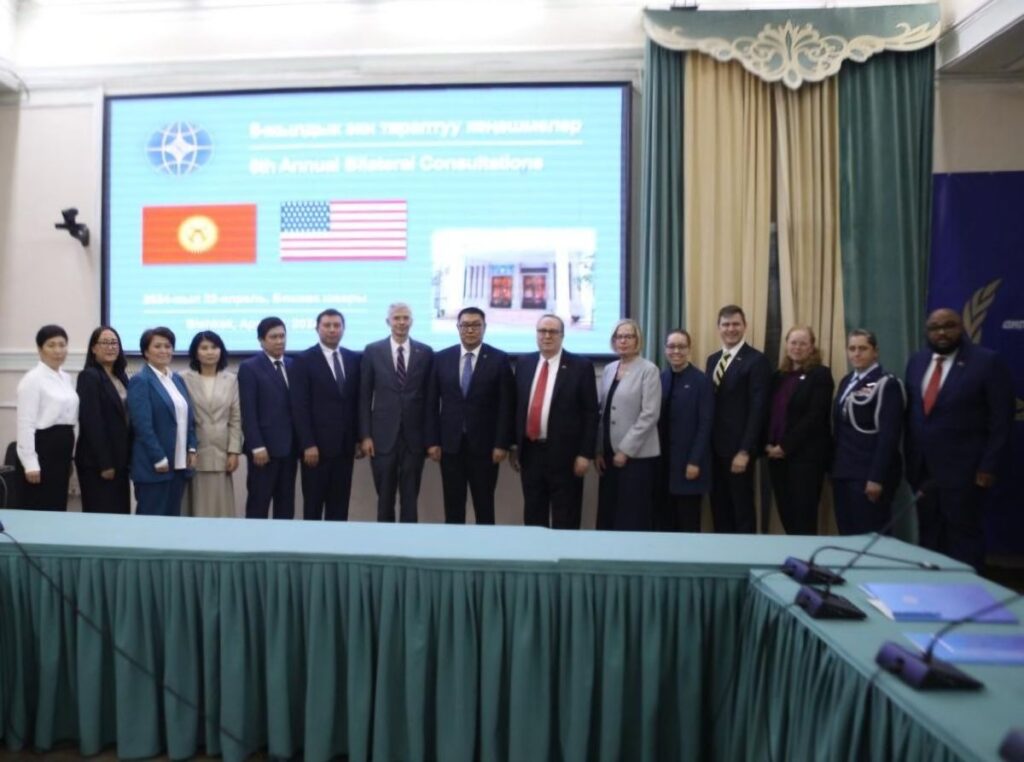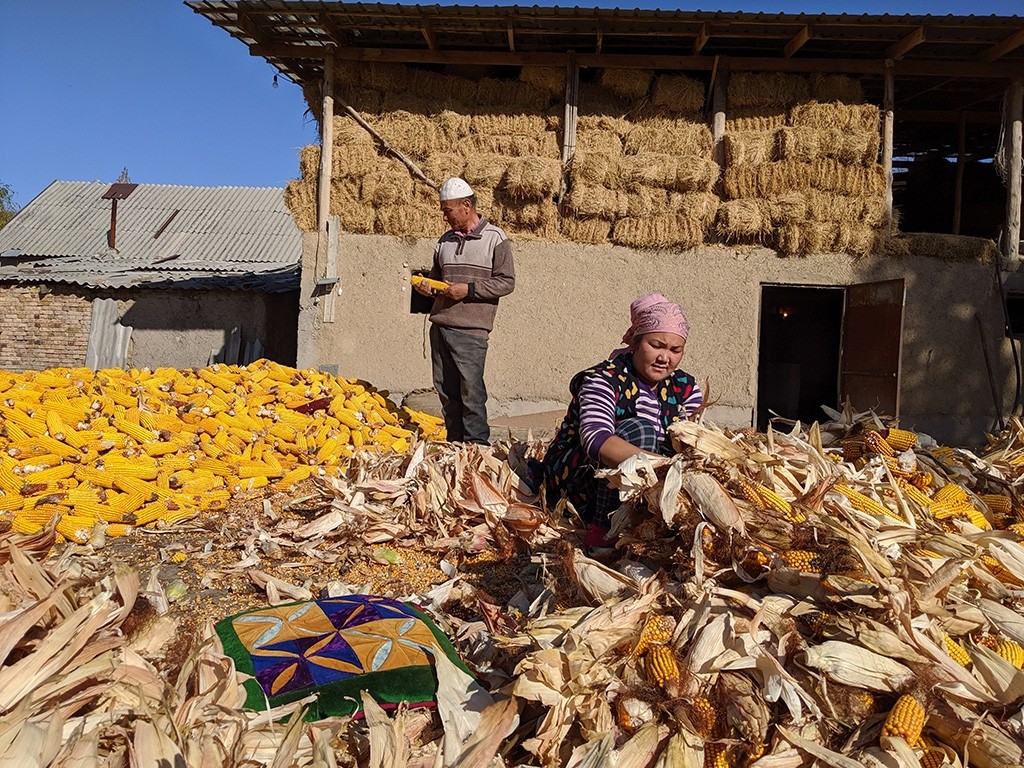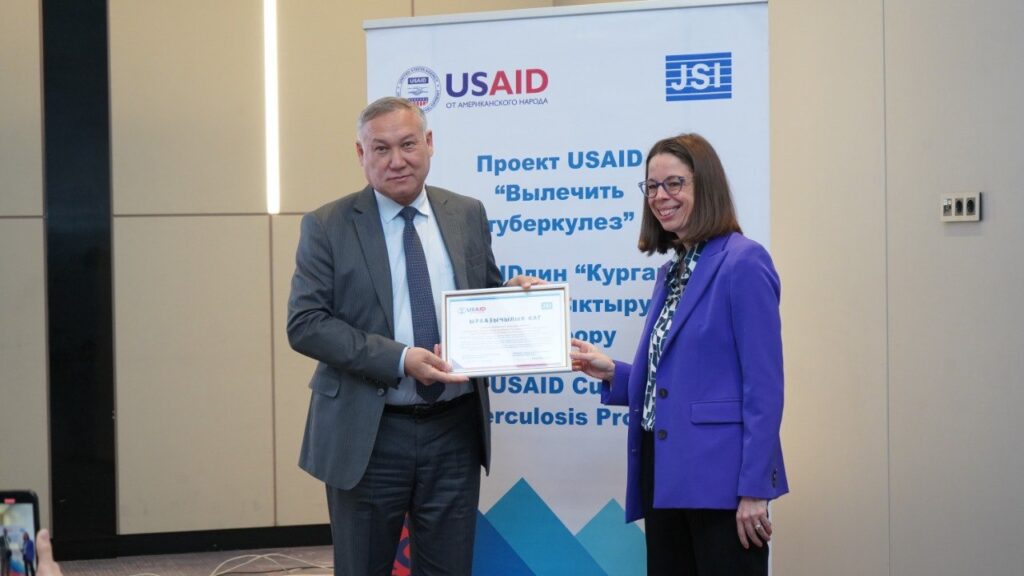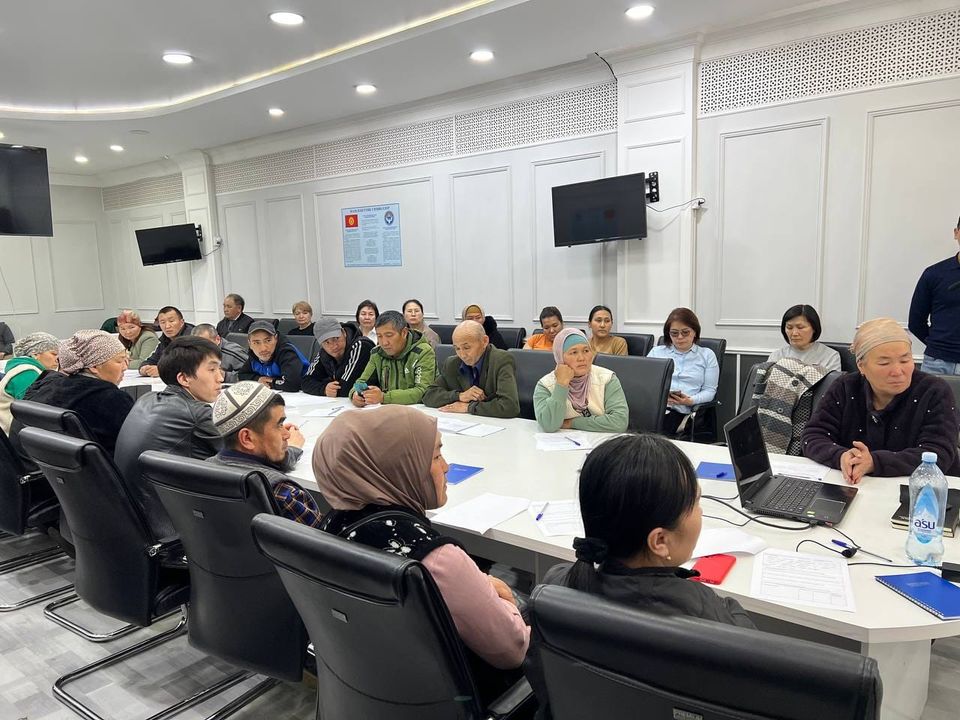Kyrgyz Football Gets Boost as Construction Starts on New Stadium
Kyrgyzstan is building a 45,000-seat stadium designed to host Asian Football Confederation finals as well as FIFA group matches. This week, President Sadyr Japarov announced that construction on the new stadium near Bishkek had begun and would take two years. Local and Turkish architects and engineers are involved, and there are also several advisers from Britain, he said. The shape of the stadium will aim to evoke a yurt, a circular tent that was a staple of nomadic life in Central Asia for millennia. Last year, FIFA President Gianni Infantino urged Kyrgyzstan to build a new football stadium to help develop the sport there. Kyrgyzstan’s national team does not have its own dedicated stadium. Currently, it plays matches at the Dolen Omurzakov Stadium in Bishkek. The facility, which can hold about 23,000 spectators, is also used by two local clubs.








